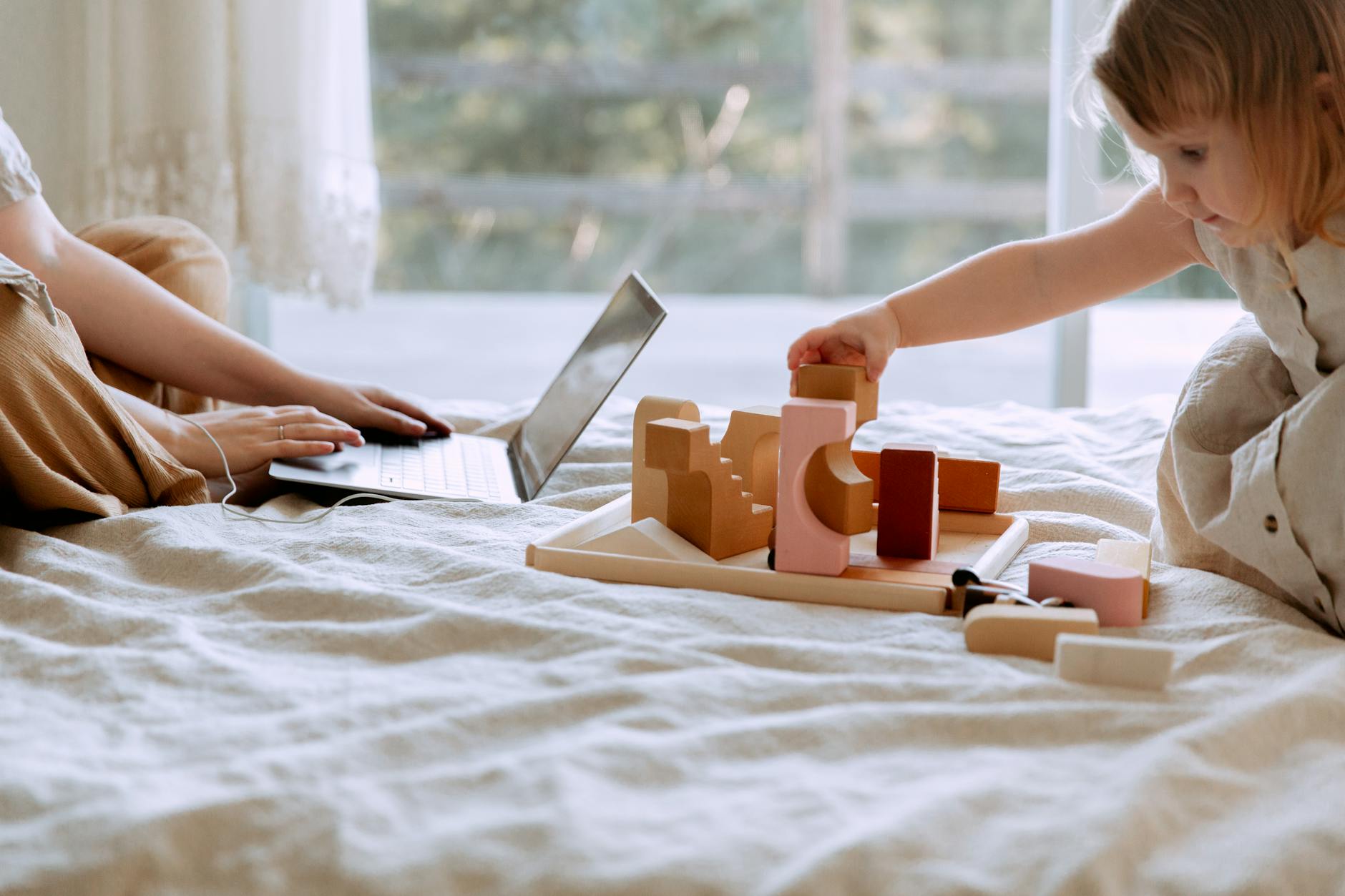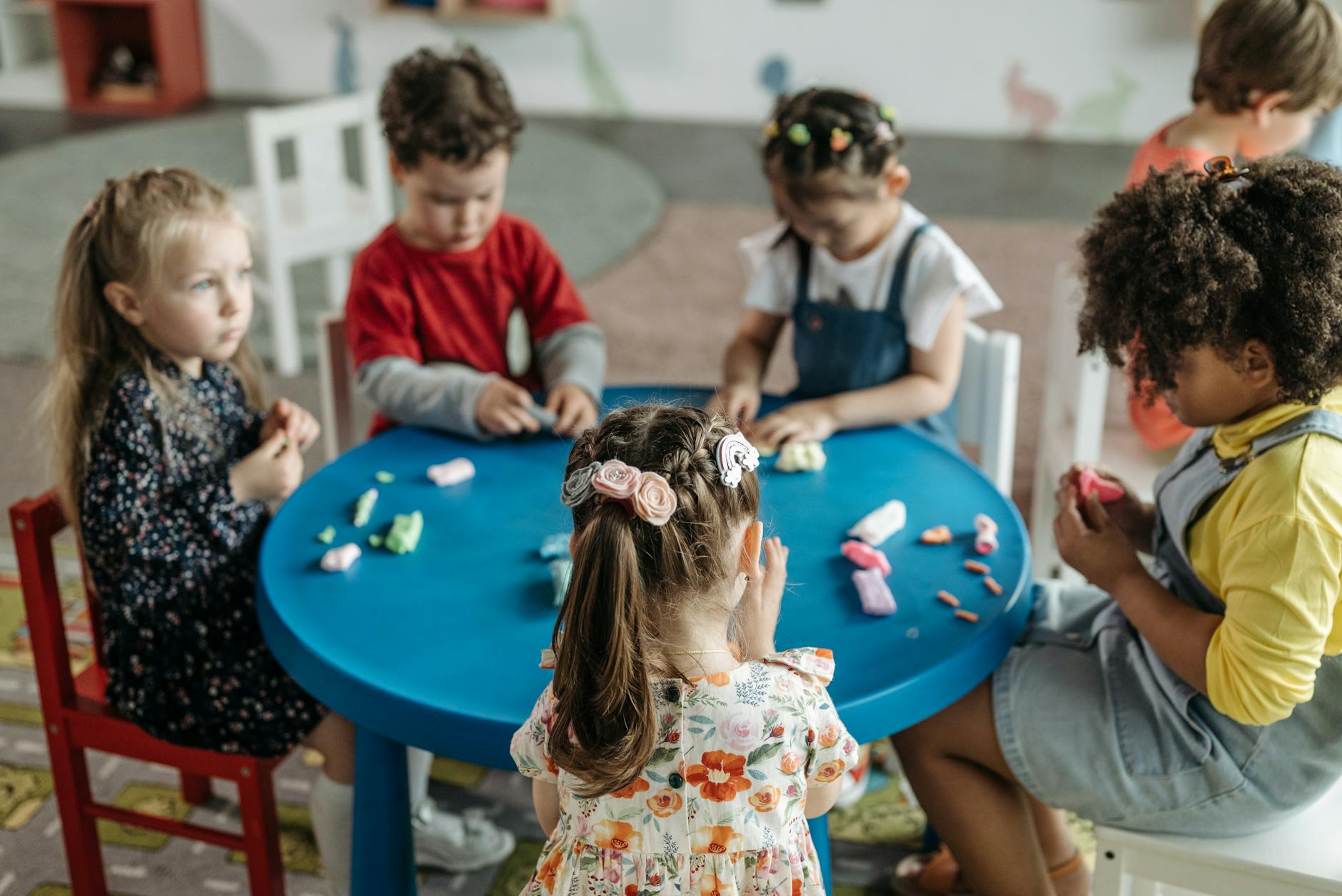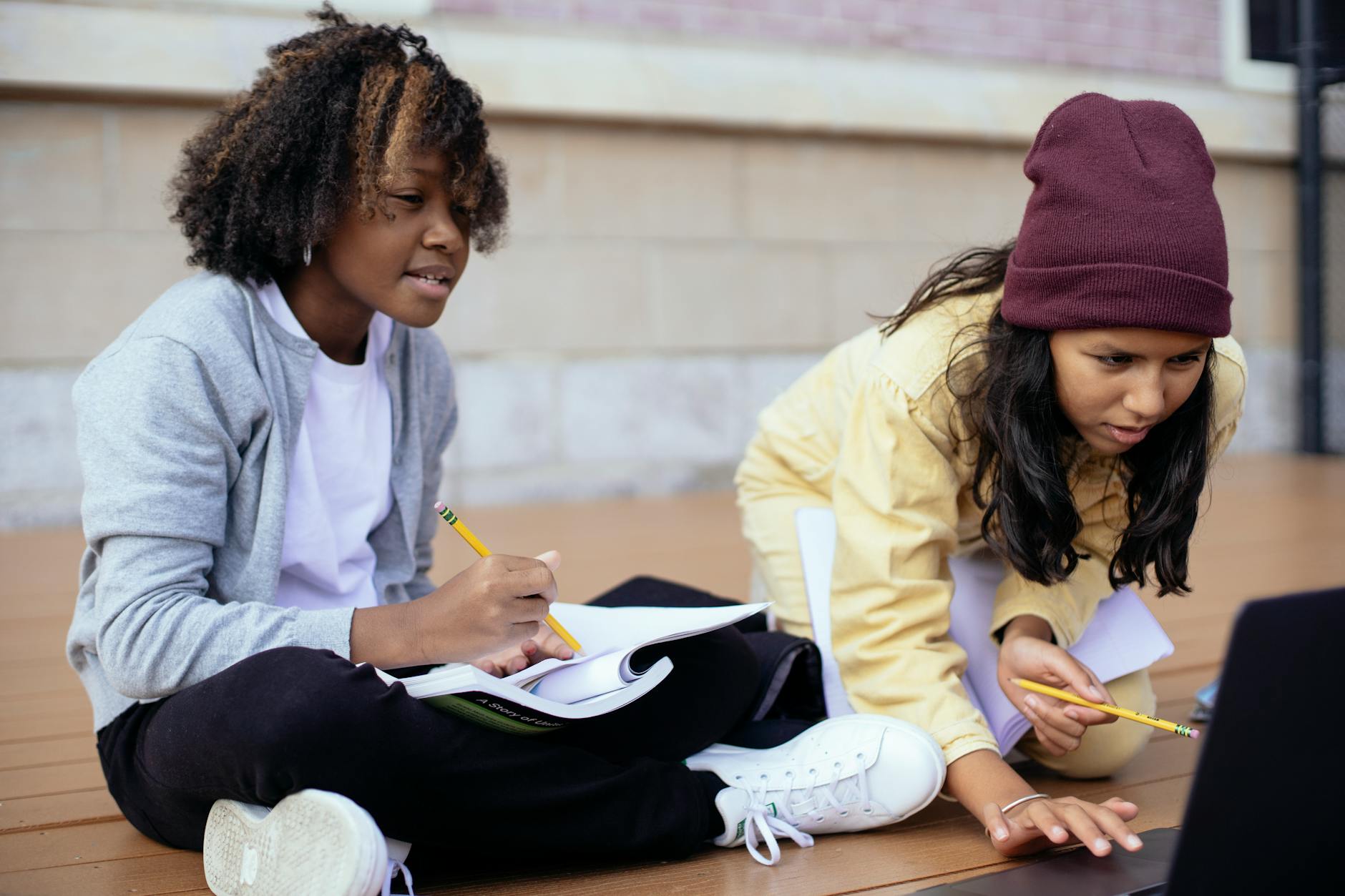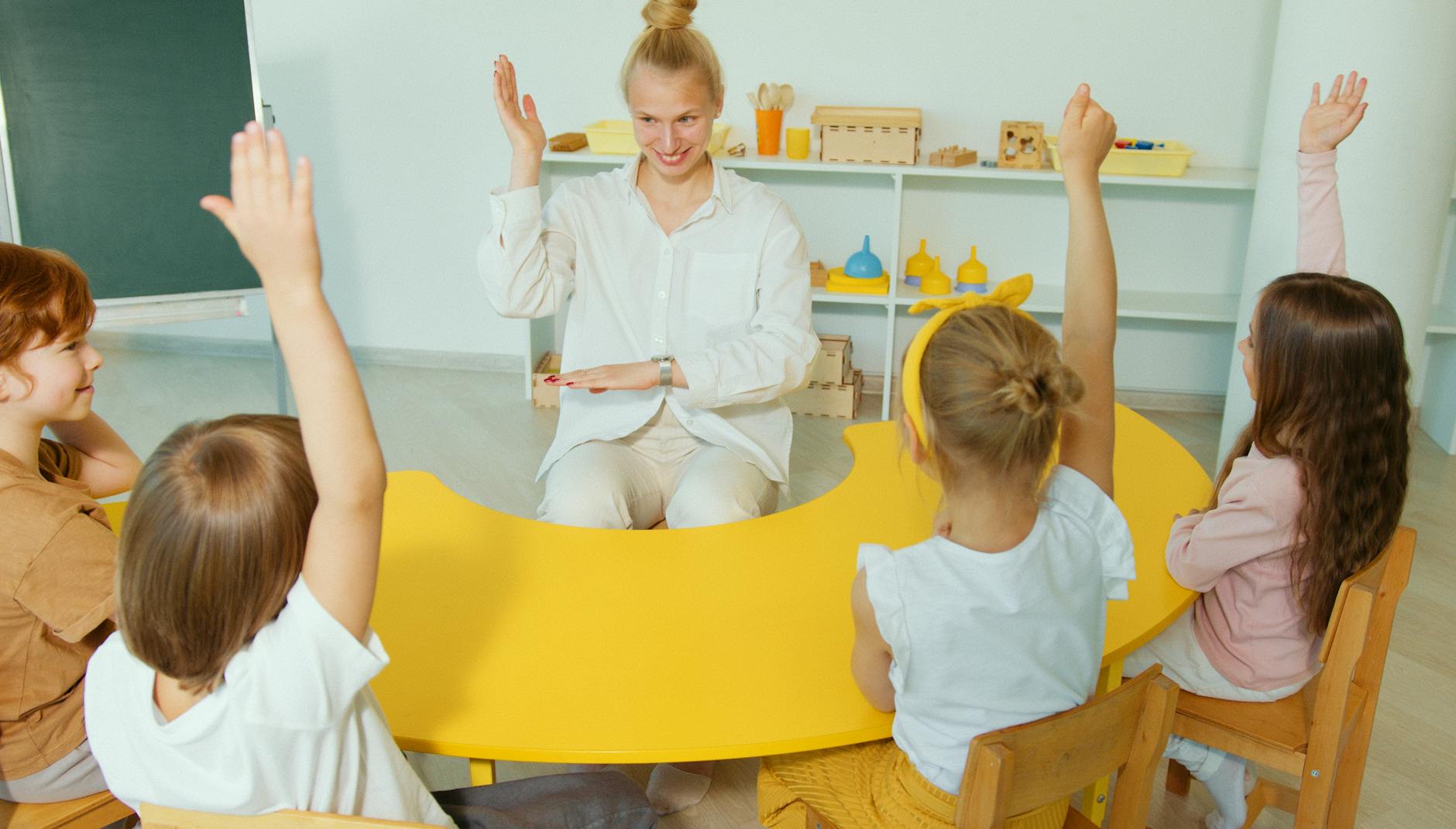How to Find the Best Art Classes in Australia for Beginners

Understanding Art Classes
Have you ever wondered about the array of art classes available in Brisbane? Whether you're considering trying your hand at pottery or diving into the world of painting, the offerings are vibrant and varied. For those curious about pottery classes, they provide a tactile experience, shaping creativity literally with your hands. It's a wonderful way to engage with art in a very personal and immediate manner. If you're seeking something a little different, consider exploring the incredible birthday party ideas that incorporate art activities, a unique twist to traditional celebrations.
One innovative way to explore new artistic territories is through experience gift cards. These allow you or your loved ones to attend classes or workshops without committing upfront, making art exploration accessible and convenient. What's great about these cards is the flexibility they offer; you can choose from a multitude of classes, from creative spaces at the Judith Wright Arts Center to workshops at the Brisbane Institute of Art. They serve as a gateway to sample diverse classes before potentially committing to a longer-term course.
And for those of us who are just beginning our journey into art, don't overlook the value of introductory sessions. These environments not only introduce you to fundamental techniques but also help you understand your own preferred styles. This journey often begins small but can lead to incredible artistic discoveries, especially when surrounded by the inspiring art galleries at the Queensland Art Gallery and Gallery of Modern Art (QAGOMA).
Identifying Reputable Instructors
Key Qualifications to Seek
When exploring the vibrant landscape of art education, finding reputable instructors is crucial to your creative journey. Instructors who have experience gifts in guiding students can significantly enhance your learning experience. Look for instructors with formal education in fine arts or a related field, as their academic foundation often brings depth to their teaching. Additionally, those who lead cooking classes Melbourne or other diverse workshops are likely to have a broad skill set that can contribute to a richer class environment.
Importance of Teaching Style
Teaching style can transform an art class from routine learning to an exhilarating adventure. Enthusiastic instructors who adapt their methods to individual student needs enhance the learning experience, making it more enjoyable and immersive. Those familiar with the teaching dynamics at venues like the Judith Wright Arts Center can offer insights into leveraging creative spaces. Whether the method is hands-on or observational, the goal should be to inspire and encourage personal expression.
Personal Referrals and Reviews
Gathering personal referrals and reviews is an effective strategy for selecting the right instructor. Conversations with former students or peers who have attended similar classes provide invaluable insights into teaching quality. Checking online reviews and testimonials can also be helpful in verifying an instructor's reputation. Keep an eye out for recommendations connected to cooking classes Adelaide, as these could suggest a broader teaching versatility that may translate well into the art classroom.
Exploring Popular Locations
When it comes to finding the best art classes, knowing where to look is crucial. Brisbane offers a plethora of exciting venues that can transform a simple desire to learn into a fulfilling artistic journey. If you're someone who's curious about pottery classes Brisbane, you'll be thrilled to discover the workshops at the Brisbane Institute of Art. It's a perfect place for both novice and seasoned artists looking to get their hands dirty with clay and creativity.
For those in search of something more social, such as hens party ideas, consider mixing art with celebration. Hosting a creative party at one of Brisbane's vibrant spots like the Judith Wright Arts Center can make for an unforgettable experience. These creative spaces invite you to step beyond traditional artistry and explore interactive formats, making it easy to combine learning with enjoyment.
Additionally, the Queensland Art Gallery and Gallery of Modern Art (QAGOMA) frequently host diverse exhibitions and art classes. It's not just a place for viewing art; you can actively engage in classes and workshops that take inspiration from world-class exhibitions. Whether you're a local or travelling, Brisbane's rich art culture encourages you to immerse yourself in its vivid world of self-expression.
Engaging Learning Formats
In-Person vs. Online Classes
The choice between in-person and online art classes can be vital to how you experience your creative journey. In-person classes often offer a genuine community spirit, akin to a session at the paint and sip Sydney. These classes provide an opportunity to paint alongside others, fostering social connections and real-time feedback. Conversely, online classes offer flexibility, allowing you to dive into creative pursuits anytime, anywhere. You can set up a cozy art nook at home and pause lessons as needed, tailoring the pace to your own learning rhythm.
Workshops and Intensives
For those craving a deep dive into creativity, workshops and intensive courses are excellent options. They can offer concentrated learning bursts, similar to those at the Brisbane Institute of Art. Imagine spending a weekend fully immersed in a specific medium like watercolor painting or pottery. These intensive sessions allow you to emerge with newfound skills and inspiration. They are often powerful motivators and can lead to significant progress in a short time.
Collaborative Group Projects
Embracing the spirit of collaboration can be one of the most engaging ways to learn art. Consider coordinating group projects, perhaps with personalized challenges or themes as vibrant as gifts for couples. Such activities not only spur creativity but can also build a sense of community and help you explore diverse perspectives. These projects make the learning process energetic and richly rewarding, ensuring your artistic journey remains as vibrant as ever.
Common Pitfalls to Avoid
Underestimating Class Size
One enchanting detail when embarking on your art journey is the size of the class you'll be joining. You might not realize it, but the number of fellow creatives sharing the space can dramatically shape your experience. A class that's too large may leave you lost in the crowd, unable to get the personalized attention you need to flourish. Imagine yourself nurturing your creativity in intimate settings like the creative spaces at the Judith Wright Arts Center—where the magic happens when mentors can truly focus on your individual growth.
Overlooking Personal Interests
Embrace your uniqueness, my friend. It's easy to be swept away by popular classes or follow the crowd, but you must align your choices with your own interests. Are you drawn to the captivating abstracts gracing the walls of the Queensland Art Gallery and Gallery of Modern Art (QAGOMA)? Or do the tactile wonders from workshops at the Brisbane Institute of Art speak to you? Tailor your journey, perhaps even drop by an art class activity to refine your preferences!
Neglecting Trial Classes
This is a world where exploration should be at the heart of your artistic odyssey. Skipping trial sessions is like missing out on the first step of any breathtaking journey. They are your opportunity to dip your toes into the creative waters, assess if the instructor's style resonates with you, and decide if the setting feels like a welcoming canvas for your imagination. Take advantage of these invaluable trial classes to set your artistic spirit free.


